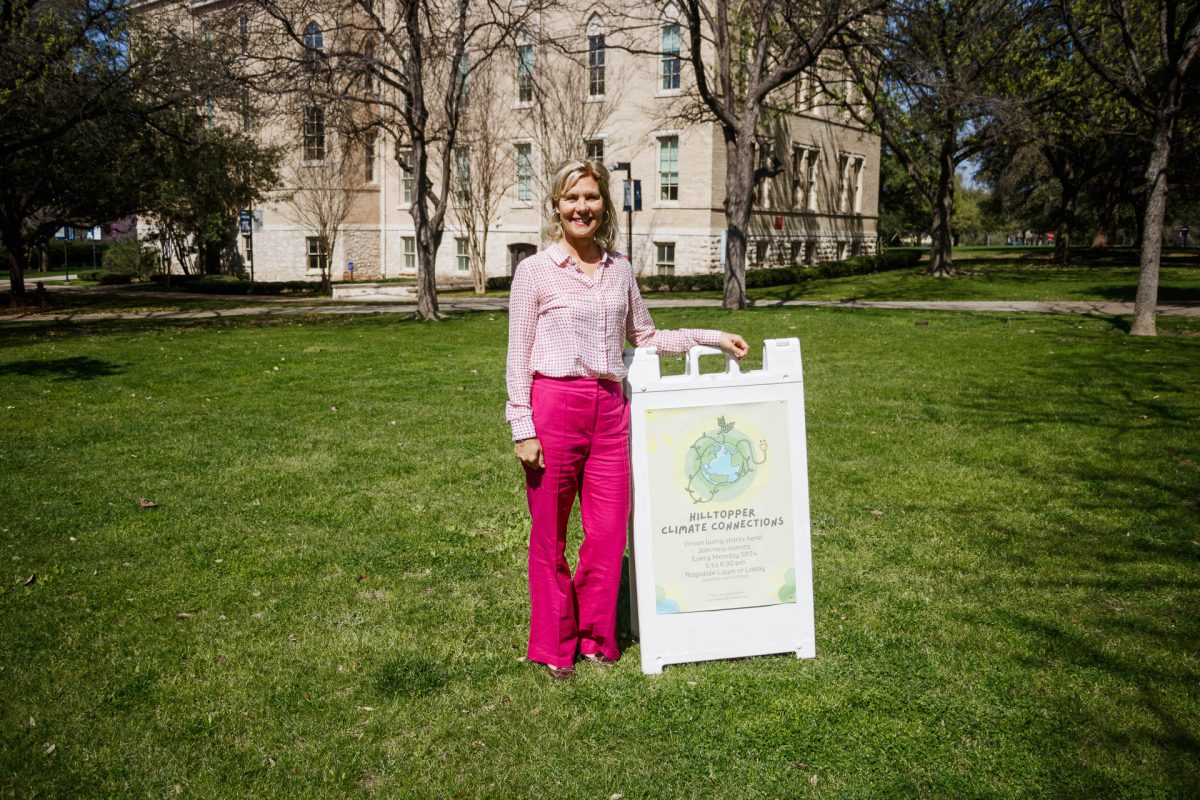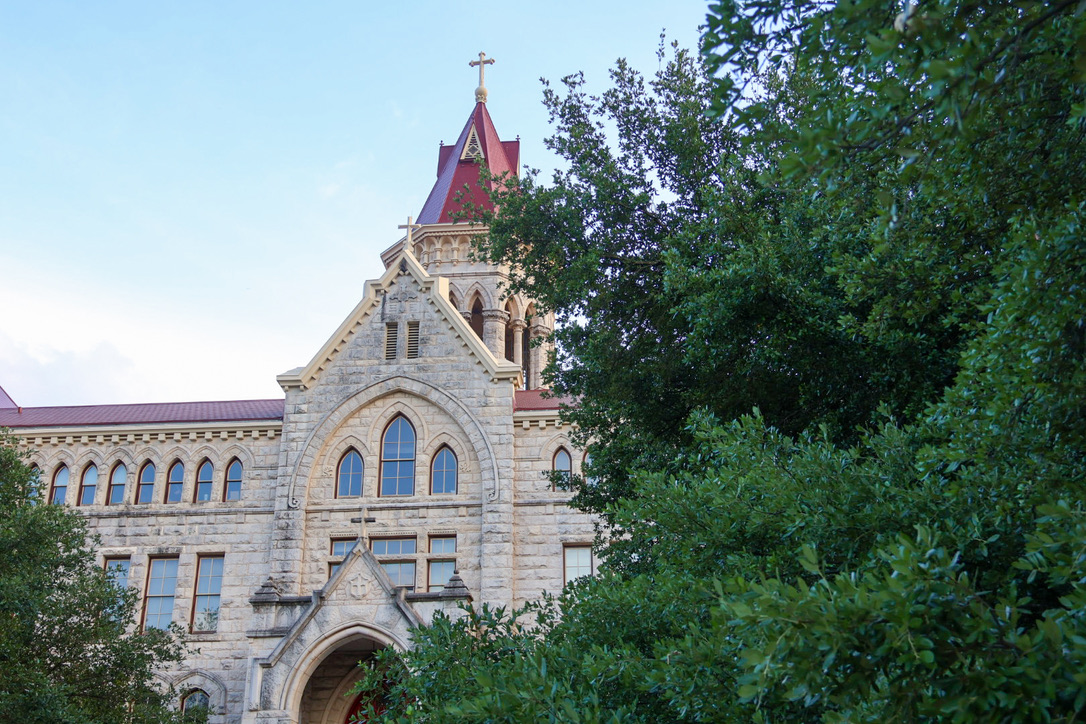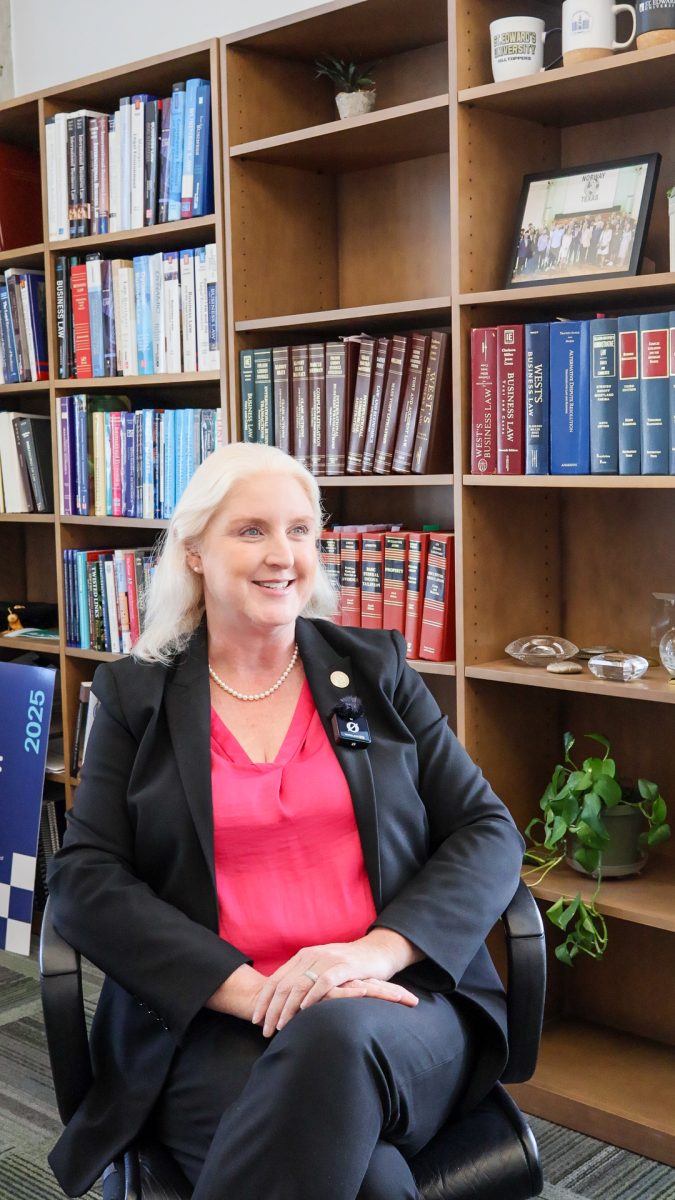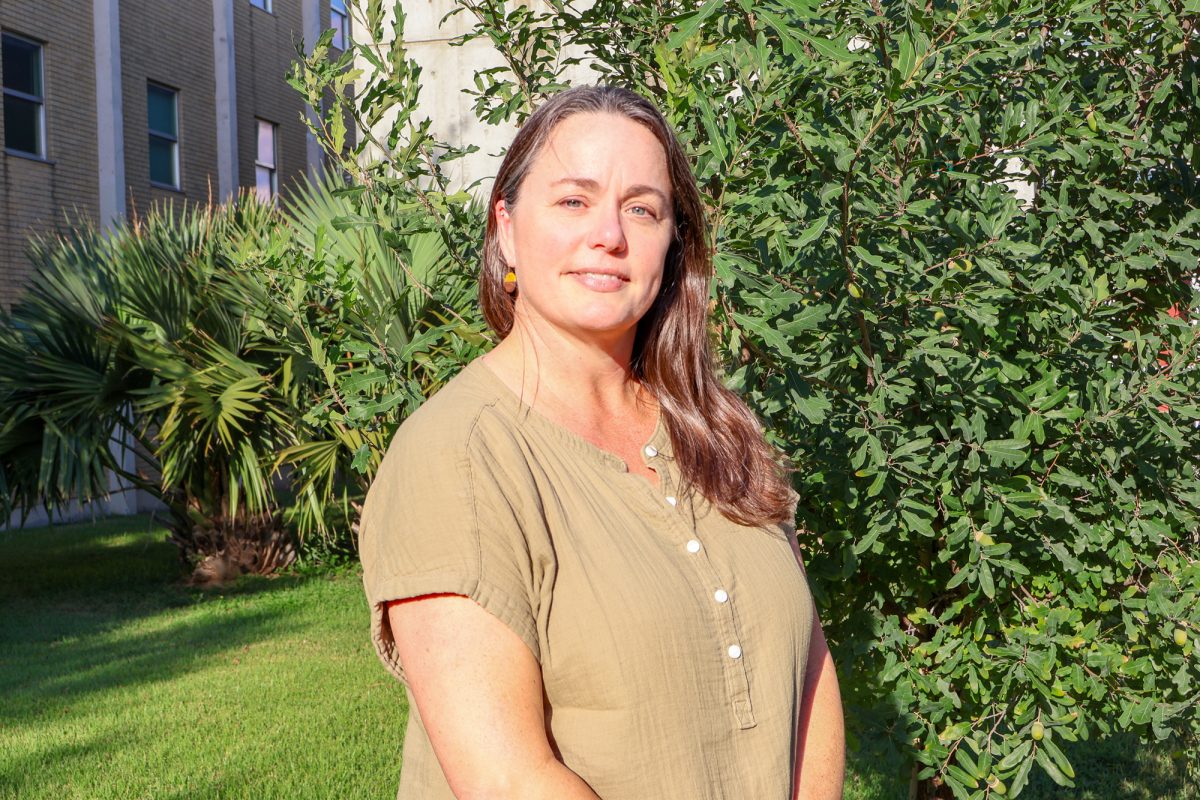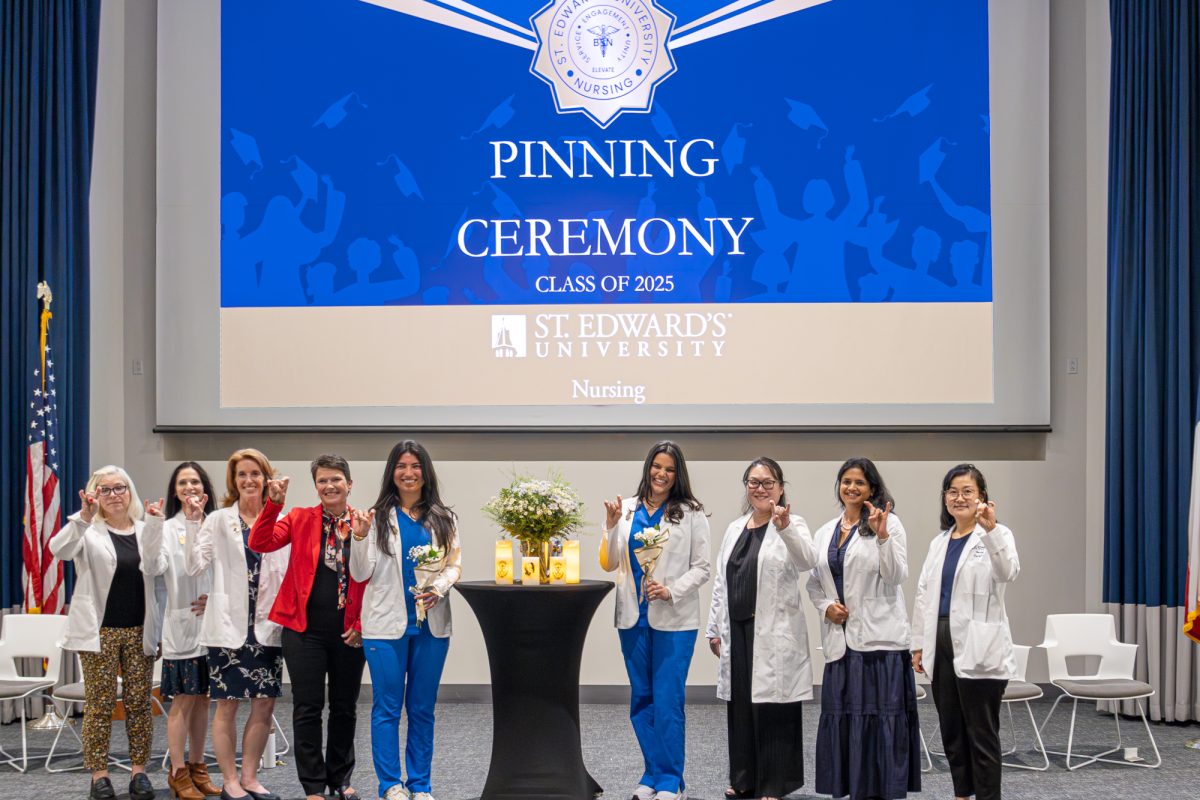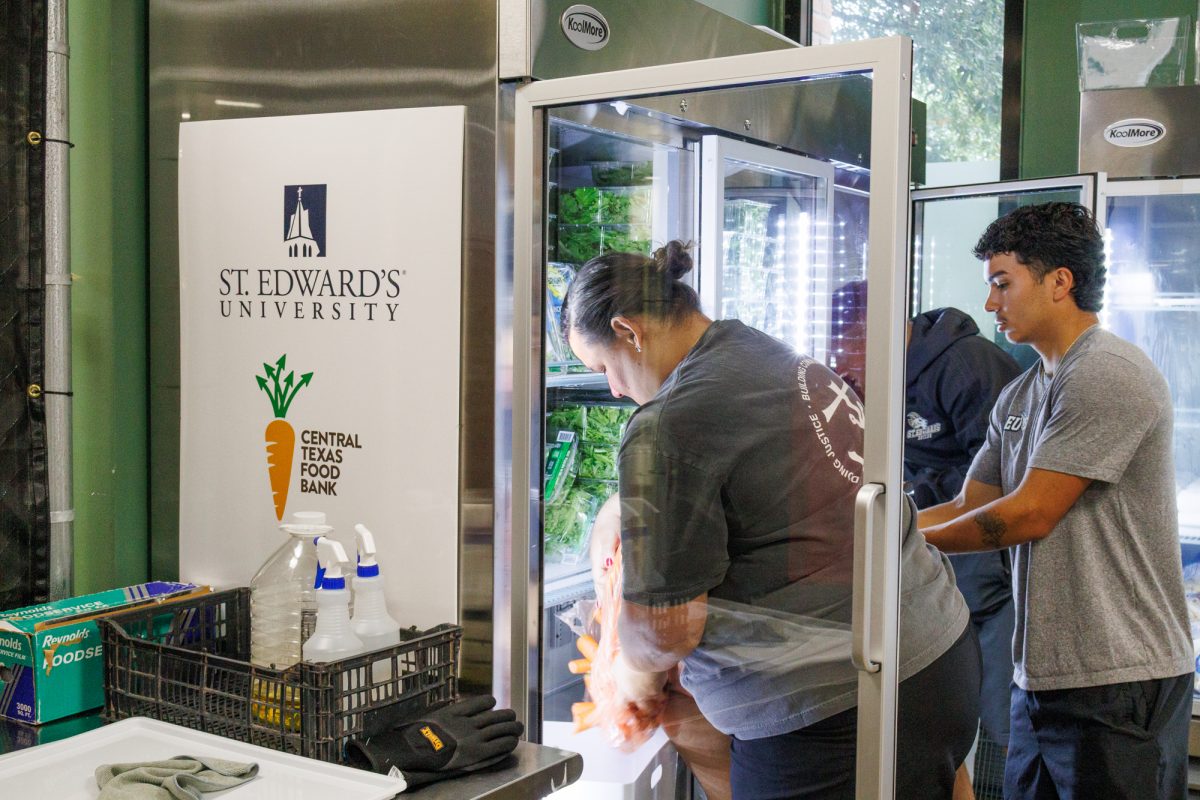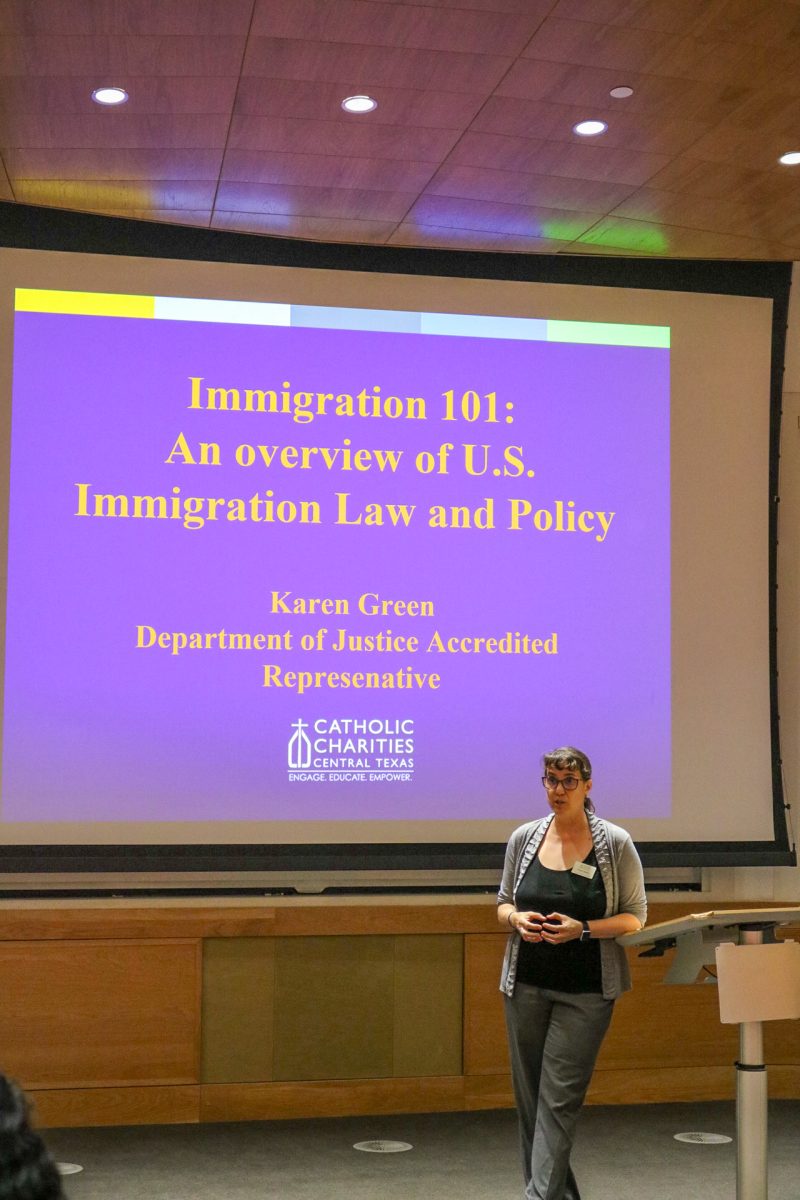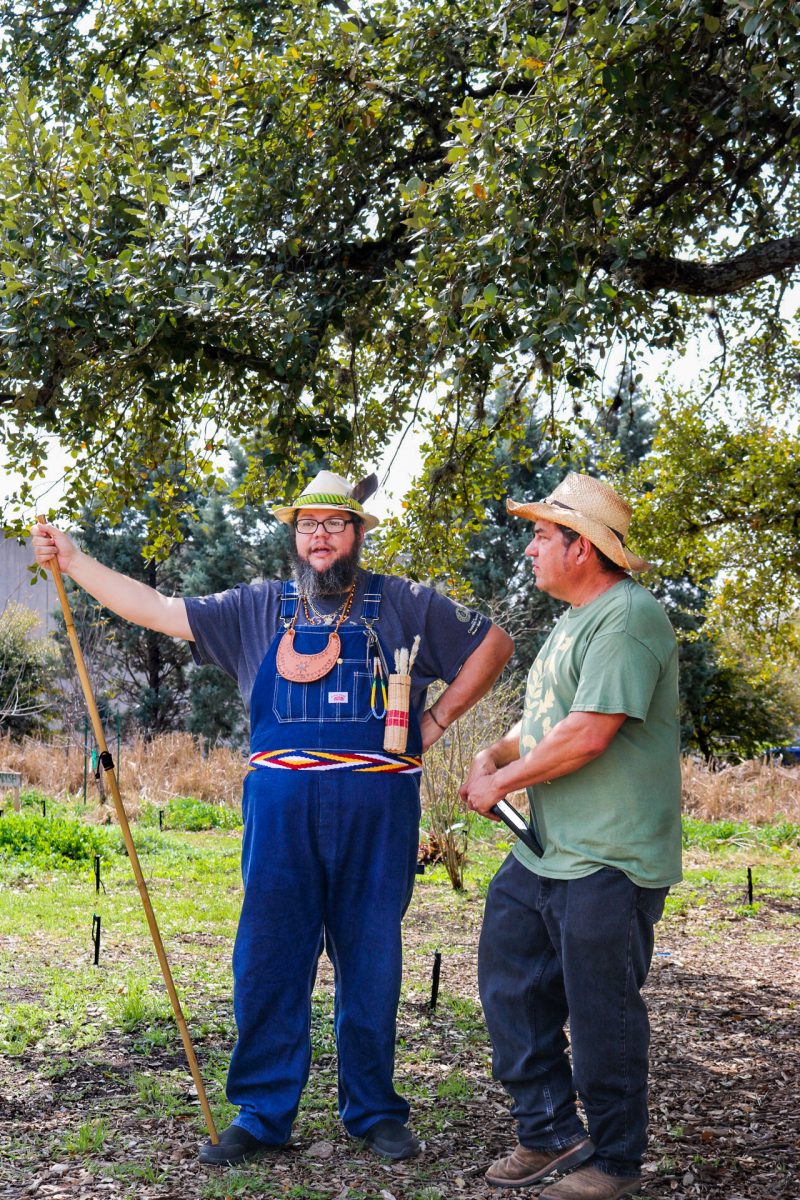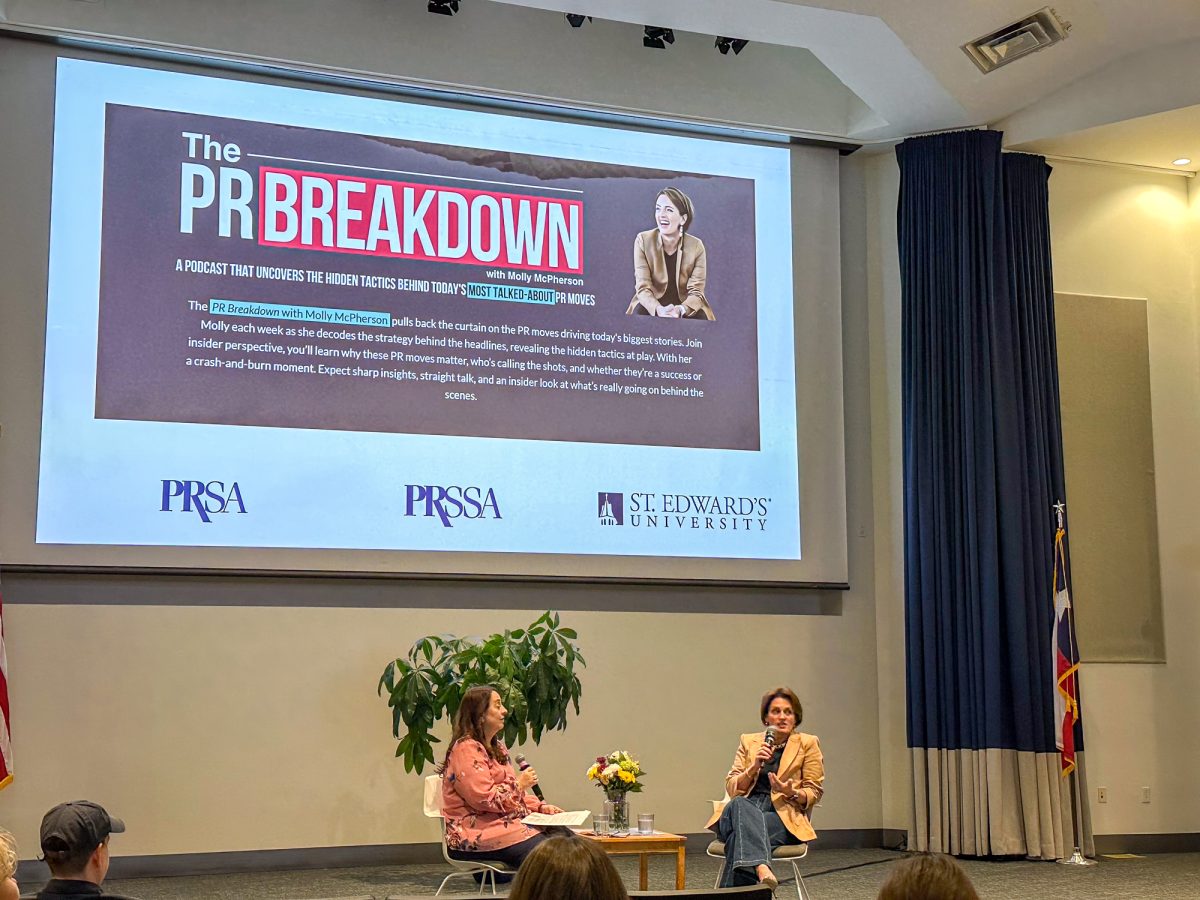Visiting communications professor Nancy Salisbury has fostered dialogue surrounding sustainability and environmentalism through her program, “Climate Connections” since November 2023. The newly-initiated program involves students from her Communication 4382 course, “Social & Environmental Corporate Communication,” as well as climate-passionate Hilltoppers from all academic disciplines.
Climate Connections aims to spread awareness and education surrounding environmentalism across the hilltop community. Every Monday at 4 p.m. up until April 22, Salisbury along with her communication students will host a series of conversations and events on Ragsdale lawn. The events aim to increase dialogue between students, faculty and staff of all disciplines and lived experiences. Each talk will focus on a different element of sustainability, ranging from spreading awareness of The Huddle food and clothing pantry, to transportation and promoting the free or reduced price bus pass options.
“Sustainability is everybody’s responsibility,” Salisbury said. “Sometimes we just sit back and say, that’s just for the environmental science people. But it’s not. You’re a business major, you definitely need to understand. You’re a philosophy major, you definitely need to understand.”
Junior history major Spencer Stewart, takes Salisbury’s class as an elective because of its opportunities for change and activism. Stewart regularly participates in the Monday afternoon meetings, where he can voice his opinions on the work St. Edward’s still needs to do.
“There is a lack of communication on where to throw trash away safely and sustainably,” Stewart said. “People don’t care enough to dispose of trash correctly because there is a lack of communication on how to do it properly.”
Sustainability has always been a part of Salisbury’s life. In her nine years at St. Edward’s University, she has advocated for climate activism and sustainability across the campus in many different capacities.
“Climate justice is not just about ‘the trees’ or ‘how much rain we’re getting’ or ‘how bad are these droughts going to be’, it’s about how all of those things affect our lives day to day,”Salisbury said.


